International oil prices were in freefall in November, posting the steepest monthly decline in four years on oversupply and political turbulence rippling through two of the world’s largest producers, Russia and Saudi Arabia.
These heavy losses were reflected reasonably faithfully on the retail gasoline market in the UK, but falls in diesel were far more modest because of tight supply in Europe and refinery closures in France.
Ice Brent crude oil futures ended the month 12% lower at $58.71/bl, a loss of $16.33/bl on the month.
Saudi Arabia and Russia have both boosted production to offset supply expected to be lost to Iranian sanctions. But the US has been granting sanction waivers to many of Iran’s customers leading to a huge glut on the markets. President Trump has also leveraged tensions between Washington and Riyadh over the murder of Saudi journalist Jamal Khashoggi to keep the kingdom producing at more than 1 mn b/d over its Opec quota.
Unrest in France at a proposed tax hike to diesel in 2019 was a timely reminder of the political importance of transport fuel price policies. Motorists who were encouraged in both France and the UK to buy diesel cars on environmental and economical grounds are feeling betrayed by the backlash against diesel triggered initially by the VW emissions scandal in 2015.
Strikes at three of France’s refineries were limiting diesel supplies, just as the German market has been disrupted by low water levels on the Rhine. But Russian exports are rising from the Baltic Sea and French unions have agreed to suspend strikes at refineries. This should allow diesel prices at the forecourt to follow gasoline lower.
The extent and severity of the losses on crude oil markets have left Opec members with serious funding problems and they will be looking how to rebalance the oversupplied market at their early December meeting in Vienna. They will first have to decide who is calling the shots on oil policy. Currently it is unclear whether this is President Trump, Saudi crown prince Mohammad bin Salman or Russian President Vladimir Putin.


















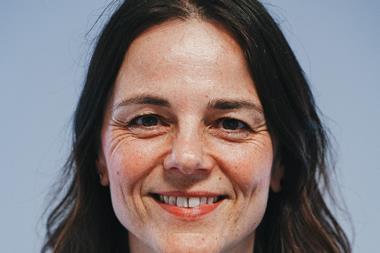

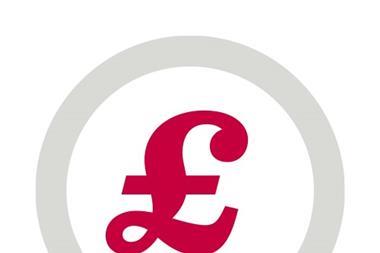
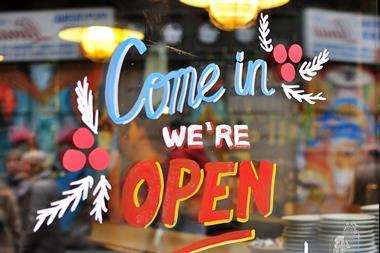
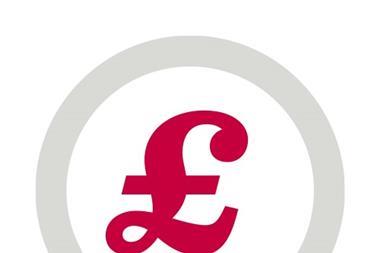

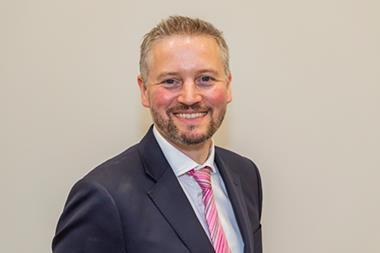
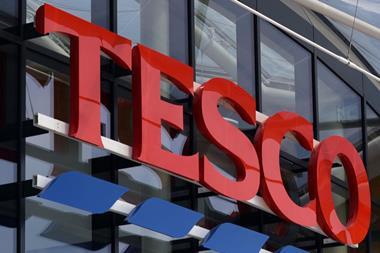
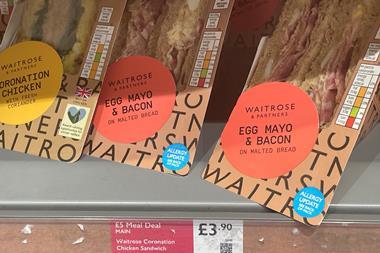
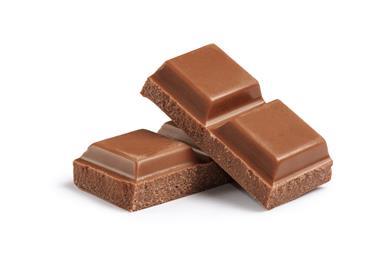
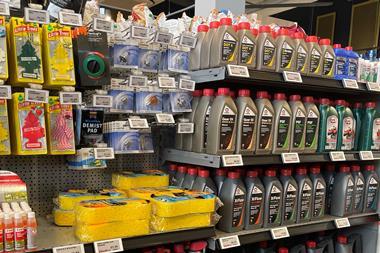
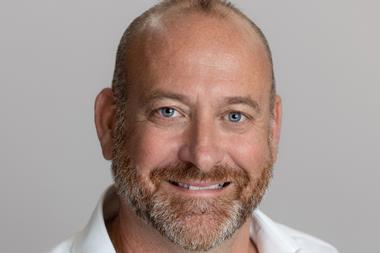
No comments yet